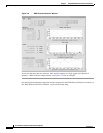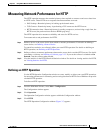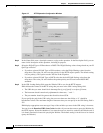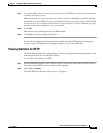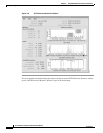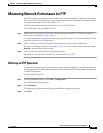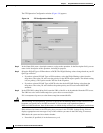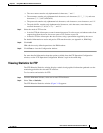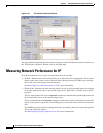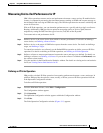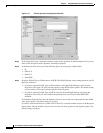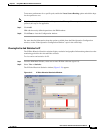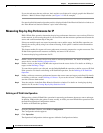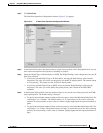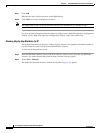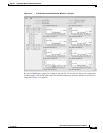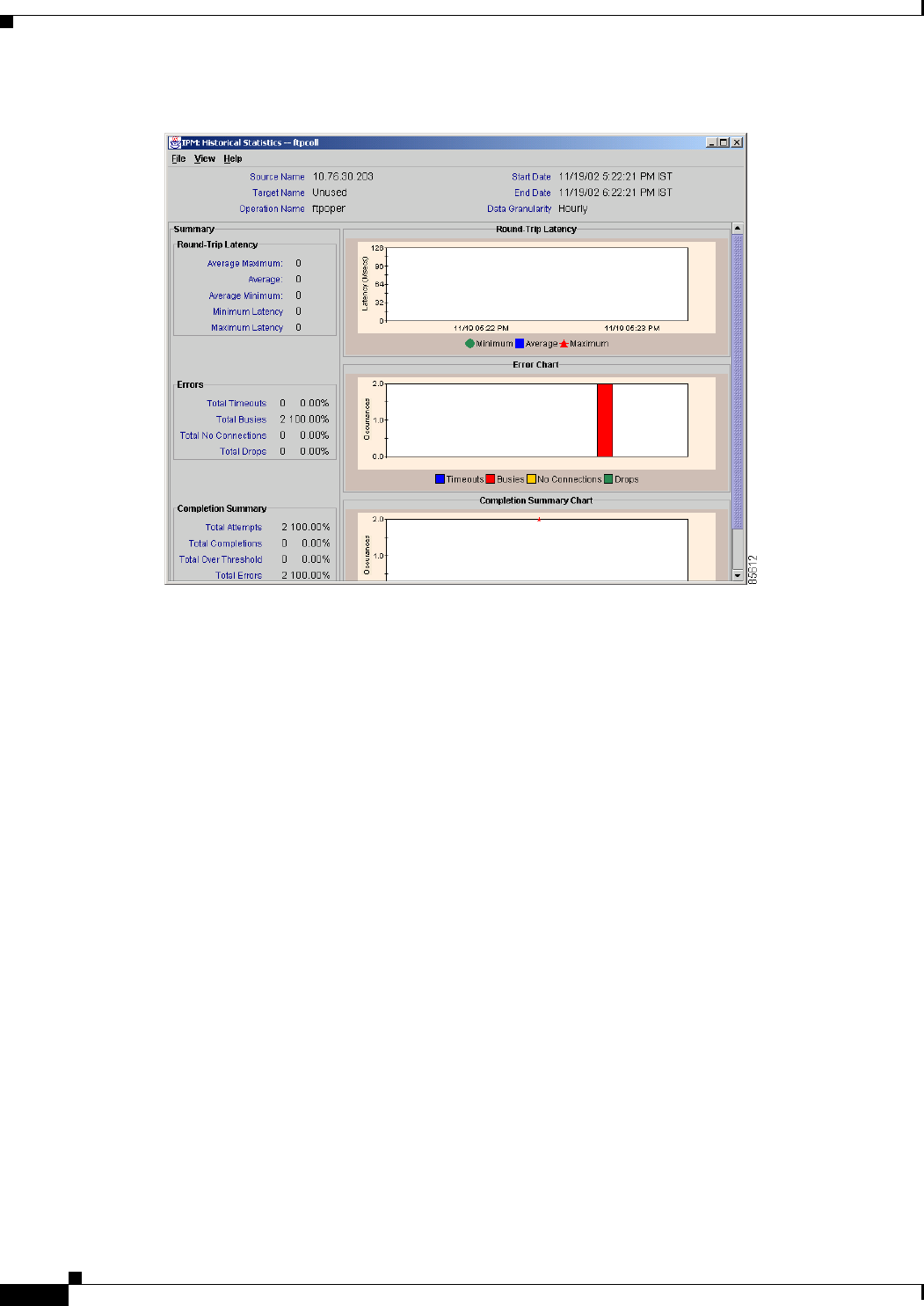
3-18
User Guide for Internetwork Performance Monitor
OL-11291-01
Chapter 3 Using IPM to Measure Network Performance
Measuring Network Performance for IP
Figure 3-10 FTP Historical Statistics Window
For more detailed information about the statistics displayed in the FTP Historical Statistics window, see
the “FTP Historical Statistics Window” topic in the online help.
Measuring Network Performance for IP
In an IP network there are two types of measurements that you can take:
• IP Echo—Measures the total round-trip latency from the source to the target device. The SA Agent
feature in the source router issues an Internet Control Message Protocol (ICMP) ping to the target
device and extracts the latency data from the reply.
See Measuring End-to-End Performance for IP for more information.
• IP Path Echo—Measures the total round-trip latency as well as the incremental latency for each hop
in all paths between the source router and the target device. Path Echo is available only for the IP
protocol.
The SA Agent feature first issues a traceroute command to determine the path through the network
from the specified source to the specified target device.
The data returned from the traceroute command contains the host name or IP address of each of the
routers in the path. SA Agent then issues ICMP pings to each of the routers listed in the traceroute
data.
The ICMP ping returns statistics regarding the latency, availability, and errors between the specified
source and each of the routers.
See Measuring Hop-by-Hop Performance for IP for more information.



